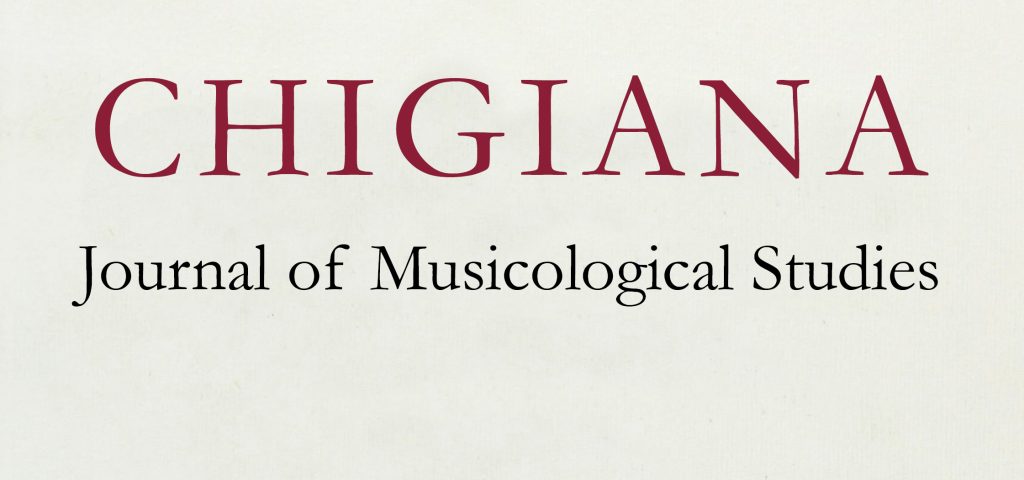
‘In the meantime, we’ll keep translating’: The strength of the ethical dimension in the creative thought of Luciano Berio
English: Berio’s music is animated by a profound ethical tension: a vocation for ethos that is reflected not only in his comments or his writings on musical aesthetics, but also in his creative choices, his artistic practice, and the sound worlds he created. Although it is urgent and indispensable, this tension has nothing of the ideological stance about it, nor is it emphasized or exhibited; it is more an attitude towards the world, and its ethical value can be traced only in the most hidden folds of his thought and his way of making music. The presence of this vocation is traced in relation to other symptoms, signs, and dialectical tensions in contemporary thought—a thought that seems ever more dramatically in need of discussing the concept of ethics. Ethics here does not mean a form of moralism or the possibility of defining a scale of values or prescriptive rules, but more a tendency to reformulate the relation between the individual and the community, between the subject and what is other, between one’s own context and other contexts, cultures, worlds, and traditions. All these topics play an important part in Berio’s thought and creative practice, and we can interpret them as the symptom of an authentic ethical vocation.
Italian: L’esperienza musicale di Luciano Berio è animata da una profonda tensione etica: una vocazione all’éthos che non si concretizza nella definizione di una scala di valori o di una serie di norme prescrittive, ma nella tendenza a mettere continuamente in discussione il rapporto tra il singolo e la collettività, tra il soggetto e l’altro da sé, tra il contesto in cui ci si trova ad operare ed altri contesti, culture, mondi e tradizioni. L’articolo affronta queste tematiche in una prospettiva interdisciplinare, facendo dialogare la poetica musicale di Berio con altri orizzonti di pensiero della cultura contemporanea. Partendo dall’immagine della Torre di Babele, l’analisi si sofferma sul concetto di ‘traduzione’ e sulle sue interazioni dialettiche con il paradigma della memoria, evidenziando insospettabili legami tra la poetica musicale di Berio e il pensiero di Paul Ricoeur, Jorge Luis Borges, George Steiner, Theodor W. Adorno, Jean-Paul Sartre ed Emmanuel Lévinas. Ne emerge un intreccio di spunti ermeneutici particolarmente ricco e vivace, che consente non solo di verificare la presenza di una forte dimensione etica nella poetica musicale di Berio, ma anche di fornire nuove chiavi di lettura e strumenti d’analisi per l’interpretazione della sua prassi compositiva concreta.
